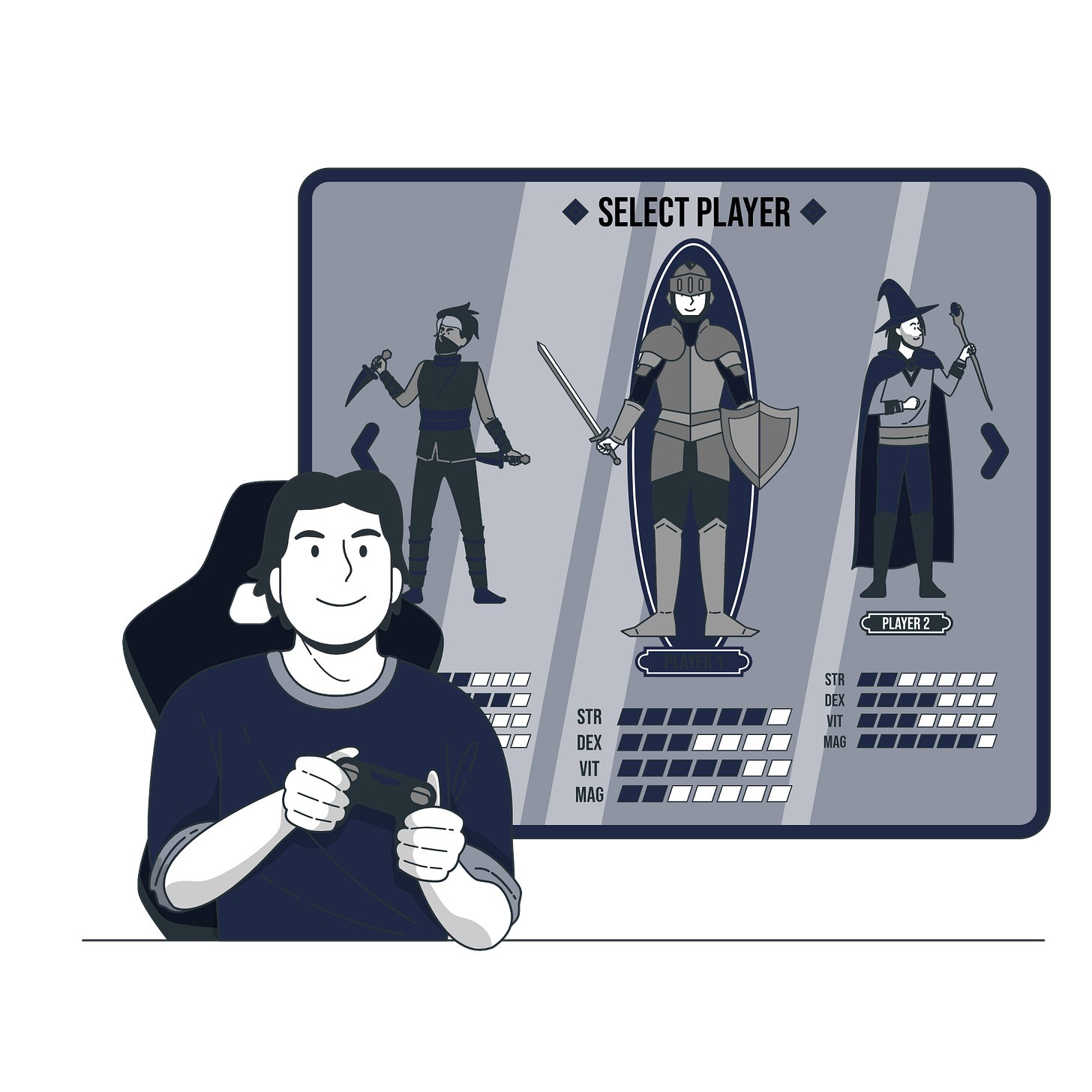Most people know games as vehicles for entertainment.
Yet, elements of games (through gamification) can also be used to augment, change, and influence individuals behaviors and performance actions.
In specific though, game-based learning is the use and adaptation of games as a medium for learning. As such, educators are often called upon to adapt & create games as vehicles for catering a learning.
Accordingly, Games can be used as an experiential framework in order to help learners achieve multiple different outcomes including the promotion of teamwork and the application of new concepts in practice.
This pedagogical approach in games-based learning is focused on learning through experience. Though game play, learners can apply concepts to practice in an environment where failure can be tolerated, scaffolded, and corrected. Likewise, this is done in an environment where, engagement, play, and interaction are achieved in a way that makes the activity intrinsically motivating.
Yet, the use of board games in learning is under-utilized!
A board game is a generic term for a game played by placing, moving or removing pieces on a board and that utilizes a game format in which pieces are moved in particular ways on a board marked with a pattern. Examples of board games include chess, Go, and Shogi.
Research involving chess, which is played by two players on a board with 64 black and white squares and 16 pieces for each player , has contributed to the theoretical development of cognitive psychology .
Board games can be used as a tool to encourage learning, and even specialized board games that aim at improving knowledge in the field of education, plus efficacious for goals other than increasing knowledge as they can be an enjoyable and motivational method for learning content and enhancing group interactions, competition, and mastery levels.
In this episode we will have brainstorming session about boardgames and how can we use certain ideation measures to start conceptualizing a game for learning.
No guests this time...just us and a casual conversation about how we can bring this to light.









